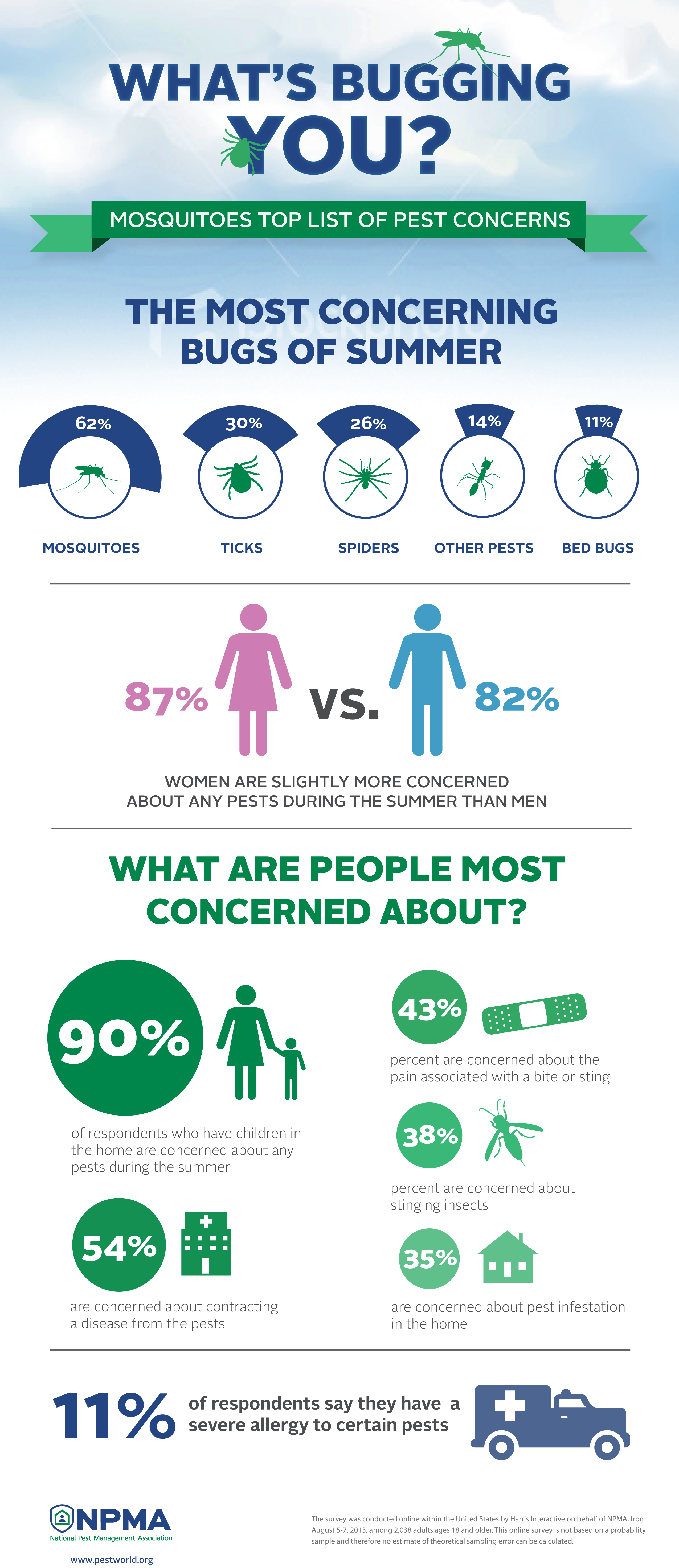Recognizing The Actions Of Rats: An Overview To Rat Control
Recognizing The Actions Of Rats: An Overview To Rat Control
Blog Article
Article By-Bang Stougaard
Have you ever before questioned why rats appear to be so evasive and hard to regulate? Understanding the actions of rats is vital to effectively handling their populaces.
By obtaining understanding into their communication patterns, feeding practices, and nesting and reproducing actions, you can create strategies that will aid you maintain these pesky rodents away.
So, let's check out the interesting globe of rat habits and uncover how this knowledge can empower you in the battle against these unwanted house visitors.
Interaction Patterns
To comprehend rat actions, it is very important to research their communication patterns. Rats are highly social creatures and depend on interaction to make it through and thrive in their setting. They use numerous kinds of communication to communicate information to various other rats in their team.
One vital facet of rat communication is their vocalizations. Rats create a large range of noises, consisting of squeaks, chirps, and babbling, which offer different functions. These articulations can share anxiety, aggressiveness, or perhaps contentment.
Along with vocalizations, rats likewise interact via body language. They use their tails, ears, and stances to communicate messages to other rats. For simply click the following webpage , an upright and puffed-up pose might show supremacy, while a squashed pose may suggest submission.
Feeding Habits
Rats' communication patterns give understanding right into their feeding behaviors. Recognizing exactly how rats feed can assist us much better manage their populaces. Below are five key points regarding their feeding practices:
- ** Omnivorous diet plan: ** Rats are opportunistic eaters and will consume practically anything they discover. From grains and fruits to meat and also garbage, their diet plan is extremely varied.
- ** Hoarding habits: ** Rats have an all-natural impulse to hoard food. They'll accumulate and store excess food in covert spots for later consumption, making it testing to locate and remove their food resources.
- ** Nocturnal feeding: ** Rats are mainly nocturnal animals, implying they're most active during the night. https://how-much-does-it-cost-to73950.dm-blog.com/24640345/tips-for-locating-trustworthy-insect-control-professionals-in-your-region like to feed under the cover of darkness when they really feel safer and much less likely to encounter killers.
- ** Water reliance: ** Rats call for a consistent resource of water to survive. They'll usually look for water sources near their feeding areas, such as dripping pipelines or open containers, to satisfy their hydration needs.
- ** Feeding on habits: ** Rats are extremely knowledgeable scavengers, which permits them to thrive in city environments. They'll look for food in trash containers, dumpsters, and other locations where human waste exists.
Nesting and Breeding Actions
Nesting and breeding behavior in rats entails the production of complex burrows and the establishment of ordered social structures.
Rats are known for their ability to dig complicated systems of passages, which work as their nests. These burrows give sanctuary, protection, and a refuge for breeding. The nesting behavior of rats is driven by their impulse to discover a safe and secure and comfortable area for elevating their young.
Within these burrows, rats establish a hierarchical social structure, with leading people occupying greater placements. This pecking order identifies accessibility to sources such as food and friends.
Reproducing habits in rats is characterized by territoriality, with males completing for the opportunity to mate with women.
Understanding the nesting and breeding habits of rats is crucial for effective rat control strategies.
Verdict
So, currently you have a better understanding of the detailed globe of rat habits. These intelligent creatures have one-of-a-kind interaction patterns and exhibit fascinating feeding routines.
Their nesting and reproducing actions, while respected, can be a sensitive subject. By getting understanding into their actions, we can approach rat control with even more compassion and efficiency.
Bear in mind, dealing with the existence of these resourceful rats calls for a nuanced technique that respects their natural reactions.
